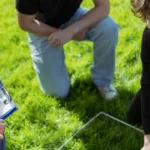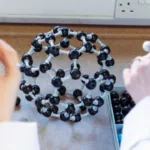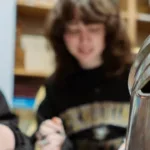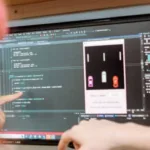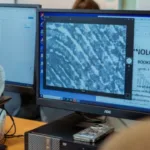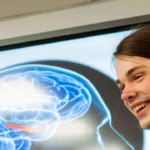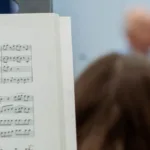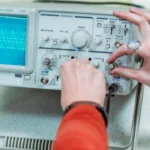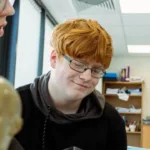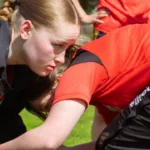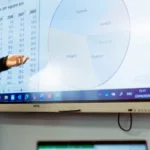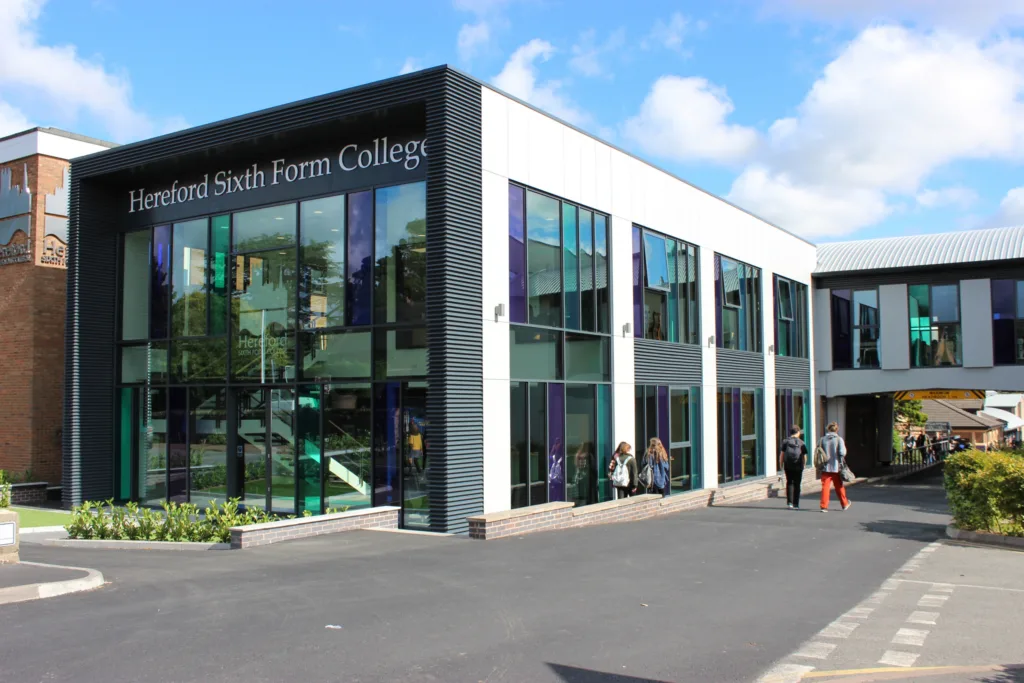
Computer Science
Computer Science is a challenging and fast-paced subject which considers the way that technology transforms our lives in an increasingly digital world.
Computer Science A Level
Computer Science is a challenging and fast-paced subject which considers the way that technology transforms our lives in an increasingly digital world. It has computational thinking at its core, which encourages us to take a complex problem and develop possible solutions using decomposition, abstraction, logical thinking, and algorithms. Computer Science is also a creative subject that involves the innovative thinking and development of ideas through coding.
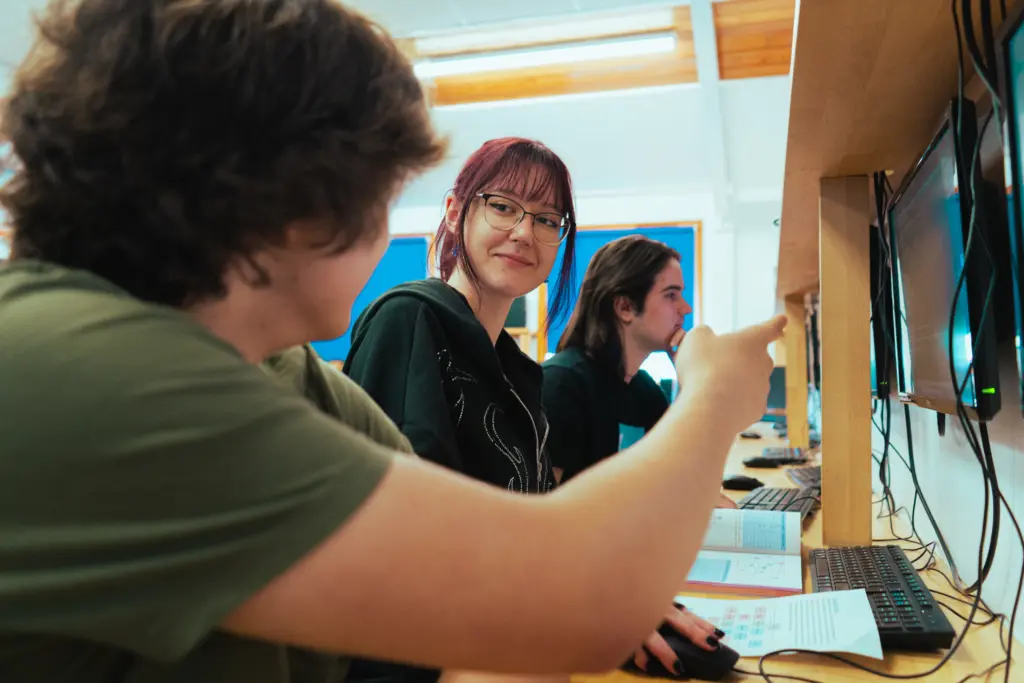
What does the course involve?
You will learn to become a strong programmer using different programming paradigms. As part of this you will explore many of the standard algorithms used in searching, sorting and pathfinding and will be able to select the most appropriate to use, based on its efficiency and suitability for the problem at hand. A diverse range of theoretical topics are covered, including how computers use logic, number systems, networks, databases and more.
Assessment
Qualification
A Level
Awarding Body
OCR
Entry Requirements
As a minimum you need:
- Grade 5 or B in GCSE Mathematics.
- Grade 4 in English is recommended due to technical vocabulary and the written coursework report.
Topics Covered
During the first year you will:
- The Characteristics of Contemporary Processors, Input, Output and Storage Devices
- Software and Software Development
- Data Types, Data Structures and Algorithms
- Legal, Moral, Cultural and Ethical issues
- Algorithms and Programming
- Elements of Computational Thinking
Please note: Core Maths must be studied alongside this course, unless you are also studying Mathematics or Statistics.
Career path
Russell Group universities list Computer Science as a useful A Level for many degree courses including biology, chemistry, economics, engineering, geology, mathematics, materials science, medicine, physics, psychology, and sociology.
Students have gone on to study the subject at a range of institutions including prestigious universities such as Bristol, Oxford, Reading and York.
Computer Scientists are in demand and find work in many industry sectors.
The content has a brilliant balance between theory and practical work; from coding to all the theory and legislation behind it.
Heron






